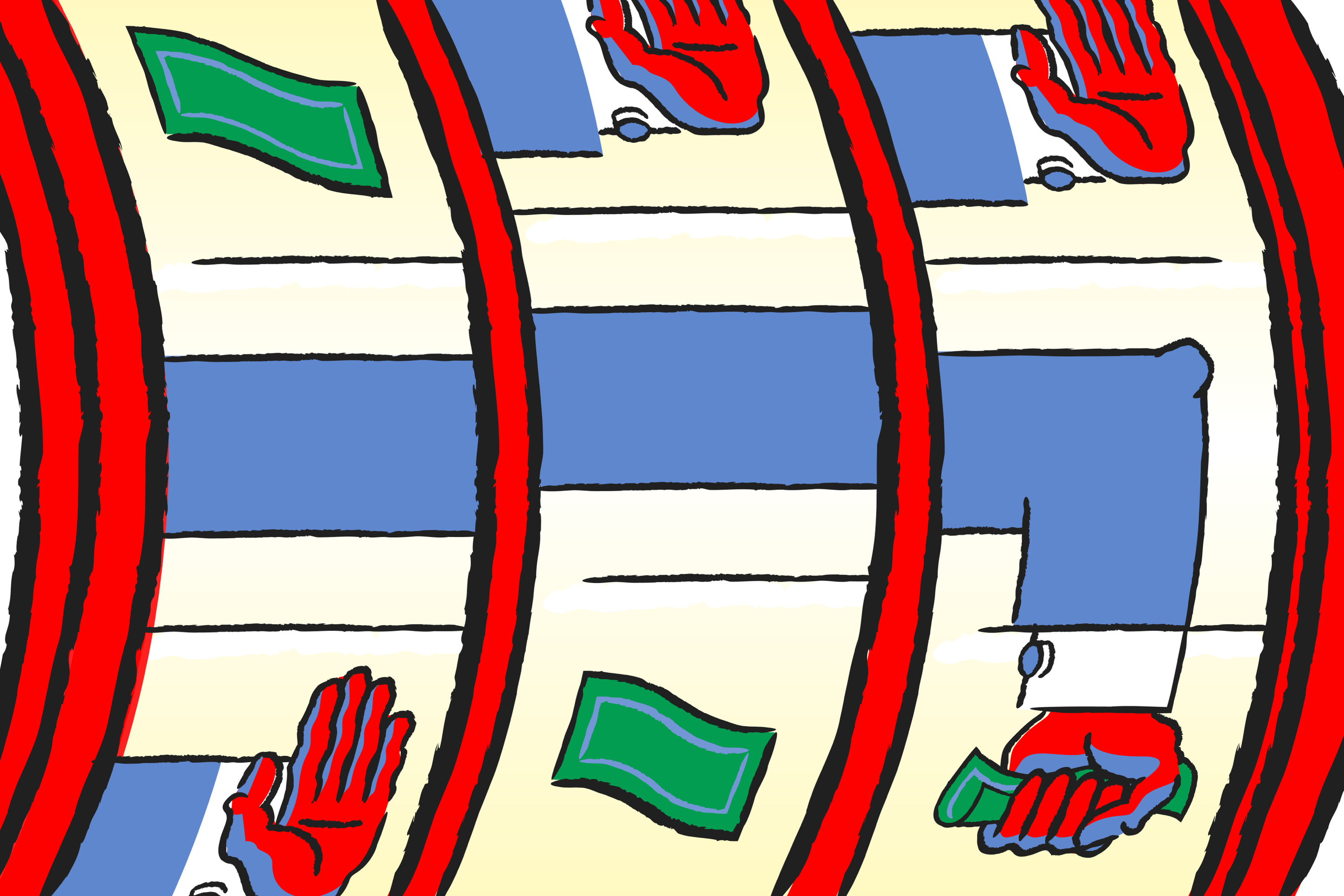The gambling watchdog has put 38 failing betting firms into special measures in the past five years under a secretive regime that prevents the companies being identified.
Betting firms can avoid formal action by the regulator by offering to pay any profits made from regulatory failings to good causes. Since 2020, the payments agreed with the Gambling Commission have totalled about £2m, compared with total betting revenues in Britain of about £15.6bn, to March 2024.
The Gambling Commission has been challenged over the arrangement for acting like a “protective bubble” for the betting industry. The commission has not published any details of the regime since December 2021, with the new figures obtained by The Observer under freedom of information laws.
Don Foster, the Liberal Democrat peer and chair of Peers for Gambling Reform, said: “It’s totally wrong to do these things behind closed doors. It’s not helping to protect gamblers and it’s unacceptable.”
The secrecy around the special measures was highlighted in the case of Luke Ashton, 40, who took his life in April 2021, after becoming addicted to gambling. An inquest in June 2023 highlighted that the brand Betfair had failed to flag Ashton as a problem gambler.
The Gambling Commission only disclosed after the inquest that Betfair, owned by betting giant Flutter, was in special measures at the time of Ashton’s death. Betfair had voluntarily divested £635,123 to charities to reduce gambling harms under the special measures regime, allowing it to avoid regulatory action.
Betfair has said it has made improvements to its player protections since early 2021.
Ashton’s widow, Annie, said: “The Gambling Commission is clearly more concerned about the reputation and growth of gambling firms than it is about protecting people from harm.
Related articles:
“By making so many of these secret deals, company reputations are kept clean and no lessons are learned even when the harms can be as catastrophic as a death. Special measures should not mean special protection. There needs to be full transparency of operators failing their regulatory requirements.”
Ashton said she had met Andrew Rhodes, the chief executive of the commission, after her husband’s death and had challenged him about why the firm was not being investigated. She said he did not disclose the firm had been under special measures at the time of her husband’s death.
Newsletters
Choose the newsletters you want to receive
View more
For information about how The Observer protects your data, read our Privacy Policy
Matt Zarb-Cousin, director of the campaign group Clean Up Gambling, said: “The public has a right to know which gambling firms are failing to uphold standards of consumer protection. The Gambling Commission must publish the list of firms in special measures so people can make an informed choice.”
Under the regime, measures are seen as appropriate when there is an acceptance of failings and the commission considers there is no or limited risk of ongoing consumer harm.
The Gambling Commission said: “Most regulators have a range of different interventions they can make, and also a threshold below which they do not routinely publicise interventions they may have made.
“While research has shown that regulatory history does not inform consumer choices of gambling operator, the Gambling Commission has continued to consistently publish enforcement outcomes and there is a register available detailing these actions.”
The commission said Rhodes had met Annie Ashton in a group of bereaved families.
Illustration by Chris Newell



